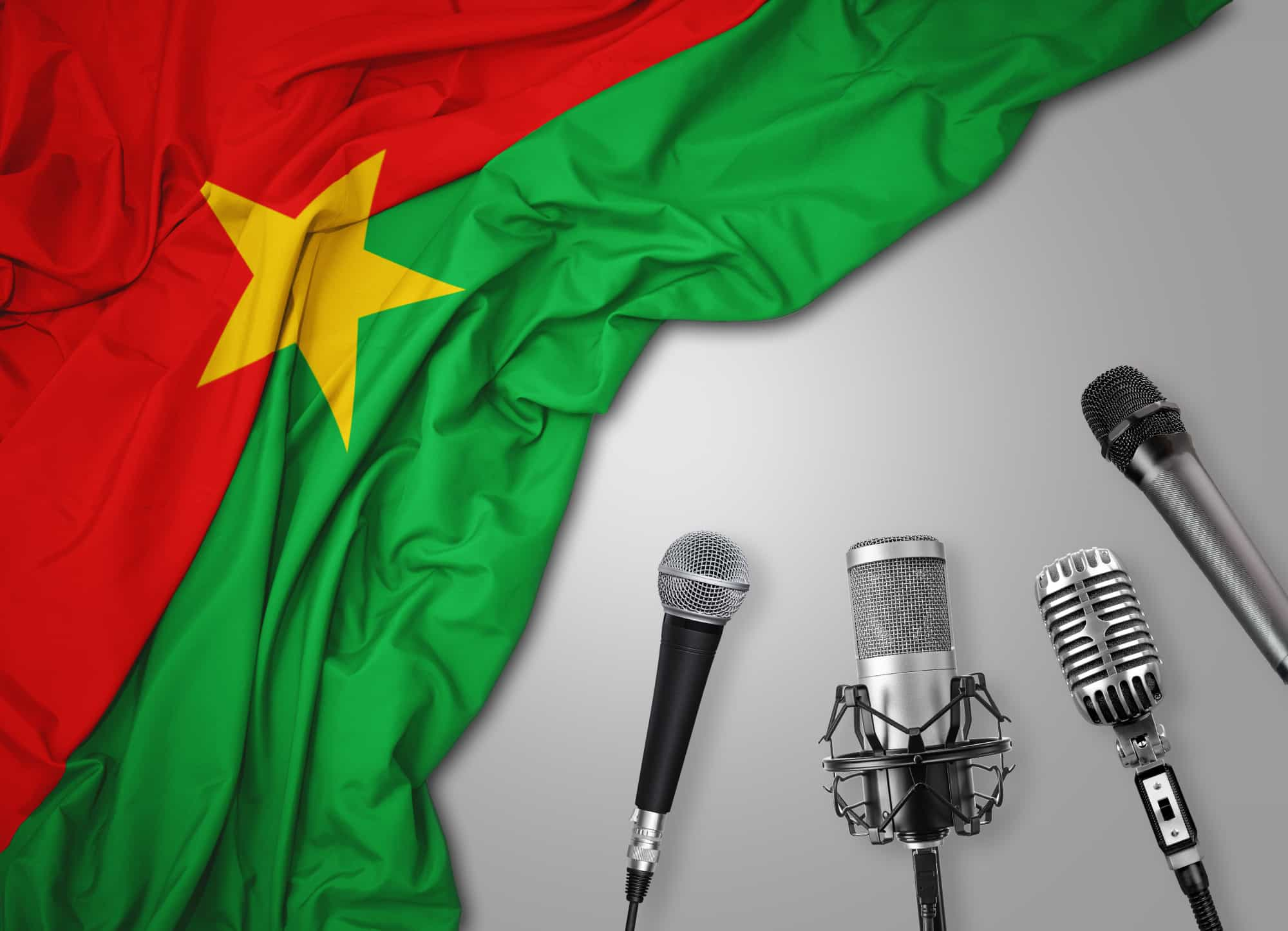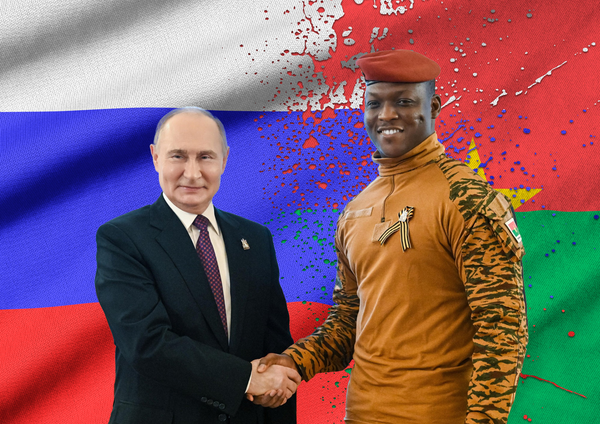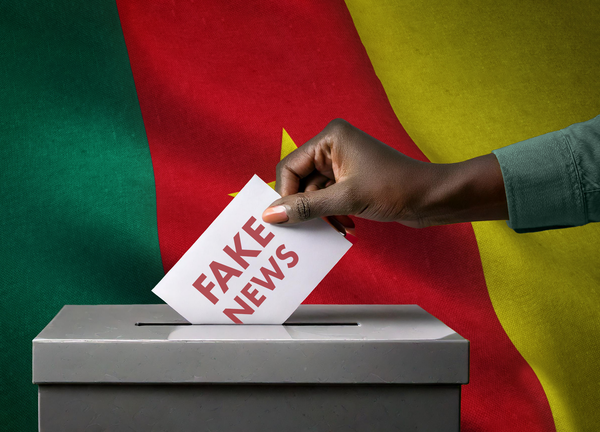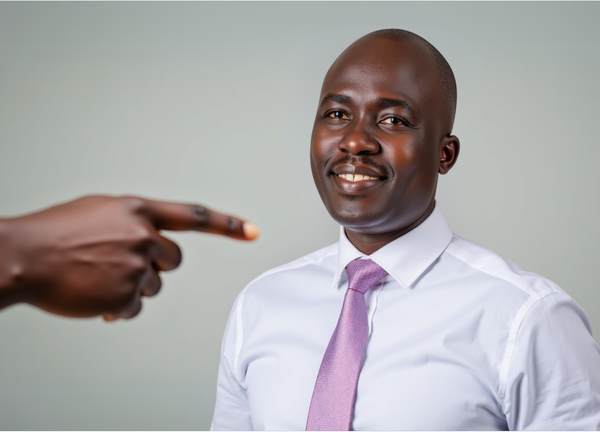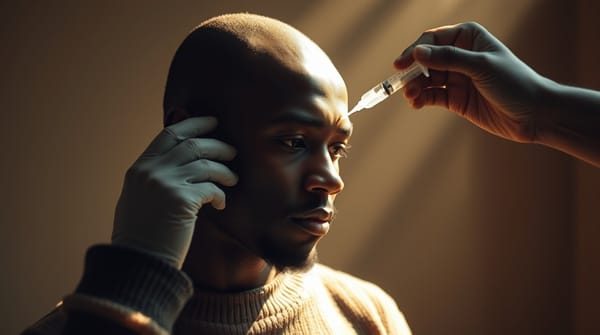Since the January 2022 putsch which has overthrown President Kabore, insecurity and political instability have continued to strengthen. This event has a considerable impact on security and access to information for journalists. In such a context, the transitional authorities have the will to control information and its actors.
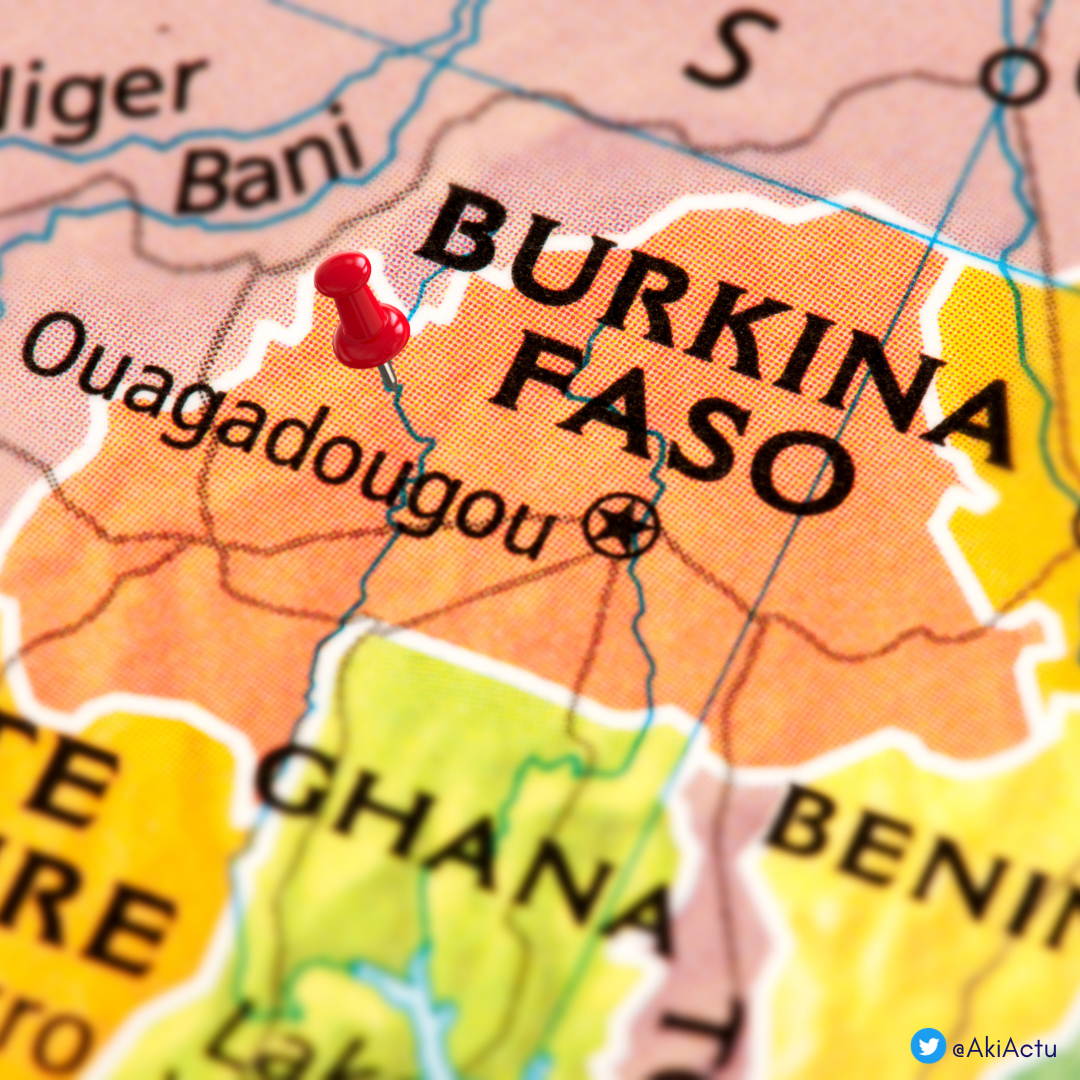
Burkina Faso, a dense and dynamic media landscape
Internet 🌐
Burkina Faso has a dense media landscape. Almost 80 newspapers, 185 radios, 32 television channels and 161 online press sites are counted. However, only 10 % of Burkinabés have internet access due to the cost and weakness of the country's infrastructure. Indeed, the country owes the majority of its network to its neighbors. However, since 2015, the country has been implementing numerous projects in order to strengthen geographic coverage and reduce costs.
Television 📺
Television is the most popular media in Burkina Faso. Indeed, 83 % of the population is watching television on a daily basis. 35 % of Burkinabés have a TV, among which 76 % live in town and 22 % in rural areas.
In the capital, with a choice of 32 television channels, the Ouagalais spend an average of 2:36 per day in front of their television. The programs are mainly in French. Nevertheless, several local channels broadcast in the most spoken national languages in the country.
Radio 📻
Radio, with national, community, confessional, information, commercial and political channels, Burkinabés have a wide choice of listening with nearly 130 channels.
In addition, with a presence in urban and rural areas, it constitutes the only media to bring real importance to national languages. Throughout the population, 58 % listen to radio on a daily basis. The listening rate amounts to almost 2h22 per day in the capital.
Written press 📰
The written press records a low level of readership. The sale rate remains low, because the majority of newspapers are in French, the official language. However, it is included only by 20 % of the population. Added to this is that the inhabitants distribute the newspapers mainly in the capital because of a limited distribution system.
The rate of literacy of adults (individuals over 15 years old) remains low in the country. Indeed, according to the World Bank, the literacy rate is 46 %. Fortunately, this rate is increasing. Since February 17, 2023, the Minister of National Education, Literacy and the Promotion of National Languages, Joseph André Ouédraogo, has launched a literacy campaign. The latter begins in the Bazega province, and extends to several regions.
Journalists' insecurity in Burkina Faso
Journalists' security has deteriorated in the country in recent years. In 2021, for the first time in more than 20 years, two journalists of Spanish nationality lost their lives during a report in eastern Burkina.
The same year, a French journalist and a Belgian director were expelled from the country when they come to film a documentary.
In 2022, the military government initially decided to cut the total access to the Internet. In a second step, he blocks the Facebook giant. Access to information therefore becomes difficult for Burkinabés who isolate themselves from world news.
Several testimonials from journalists relate attempted corruption. Others receive threats when they were broadcast on themes of interest such as terrorism, policy or family planning.
Therefore, to avoid being targeted, radio officials programs their program grids. Faced with this phenomenon, the Minister of Communication and Relations with Parliament calls for journalists more responsibilities in the processing and dissemination of information related to the security.
“Press freedom is never definitively acquired. It is a permanent fight. »UNESCO
An unstable political context in Burkina Faso
The Constitution has devoted since 1991, press freedom and the right to information. Defamation in the press no longer involves imprisonment. Nevertheless, it provides heavy penalties, which can cause the closure of the media concerned.
In 2019, the deterioration of the security situation led to a modification of the penal code, which sanctions the dissemination of information on military operations. Planned penalties can reach 10 years in prison and strong fines.
The Higher Communication Council
The Higher Communication Council (CSC) is responsible for regulating the communication sector within the country. Its missions of:
✅ Ensure the application of communication texts;
✅ Promote freedom of expression, the right to information and maintain the right of access to press organs to information sources;
✅ Ensure the protection of the rights of citizens within the media;
✅ Set the rules of production, programming, broadcasting emissions and articles relating to electoral campaigns by the media.
With the coup, the transitional government tends to control information more and more at the national level.
Conclusion
Censorship of certain media is more and more frequent. Recently, the immediate suspension and until further notice of Radio France International (RFI) has been ordered. The latter accuses of having relayed an "intimidation message" attributed to a "terrorist leader" who announces the spokesman for the Burkinabé government.
The government nevertheless wanted to "reaffirm the national and international opinion of its attachment to press freedom and opinion" and "to public information". Also, he "invites respect for the rules and principles enacted in our country".
If you want to discover a new media landscape, you can redirect yourself to press freedom in Gabon .

